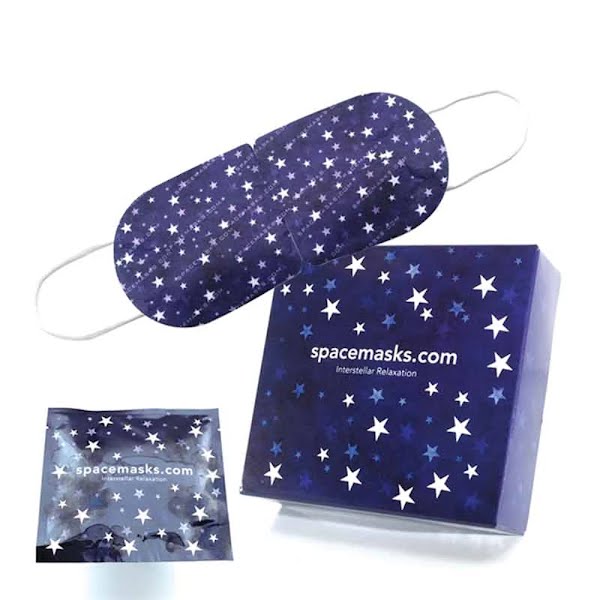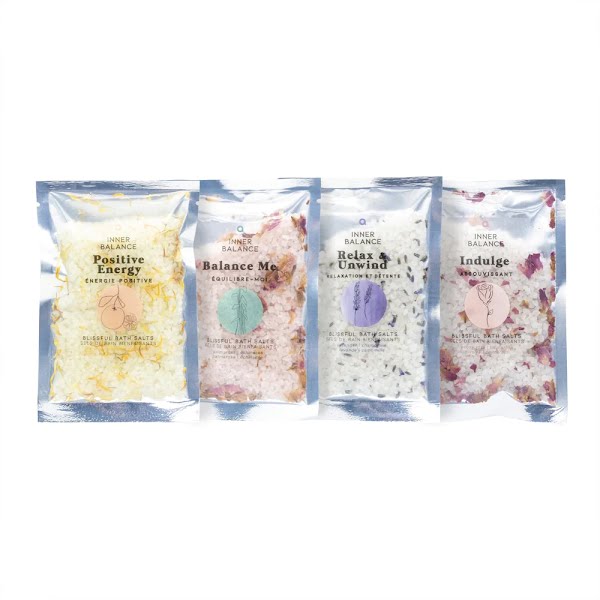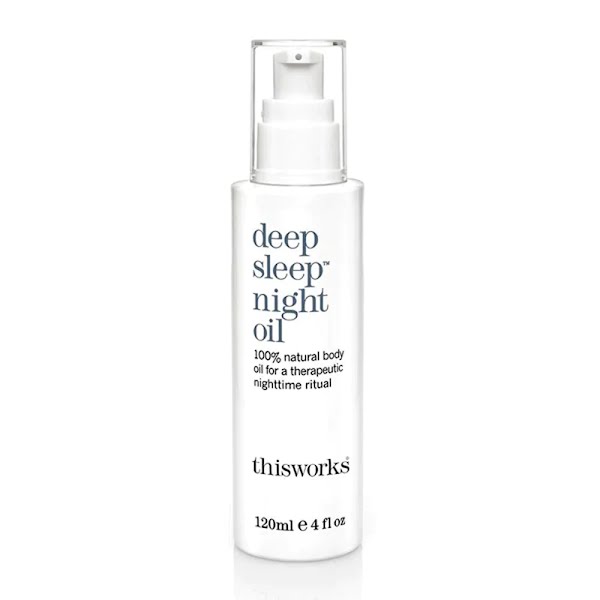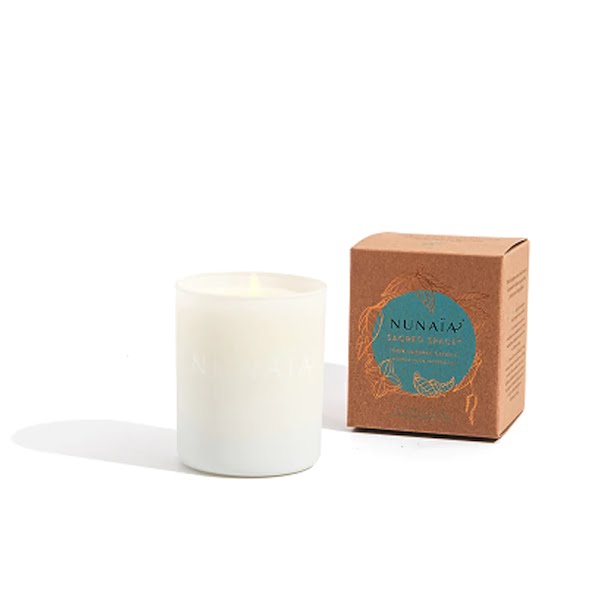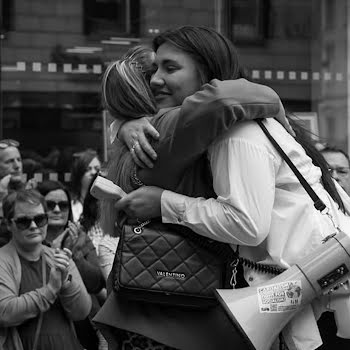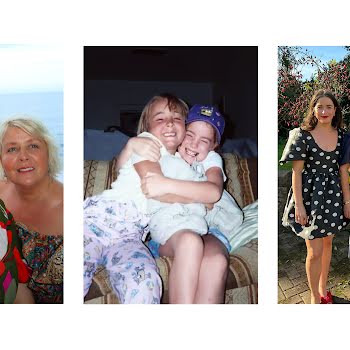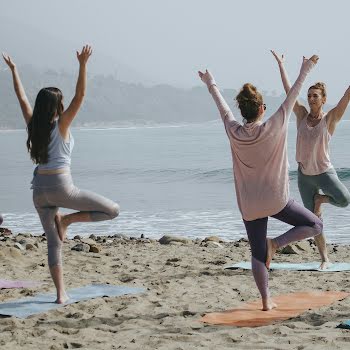
Sponsored
Feeling burnt out? Daniella Moyles on how to begin your mindfulness journey
Sponsored By

By Shayna Sappington
19th Jun 2023
19th Jun 2023
Sponsored By

Recovering workaholic, author and co-founder of STLL, Daniella Moyles shares the best ways to recover from burnout, from nature therapy to mindful rituals we can practise daily.
What does being outdoors mean to you?
Free, reliable, ever-available therapy! I have always been of a more sensitive or anxious disposition, and for much of my twenties, I didn’t know how to either manage or honour this aspect of myself in a healthy way. Often I would power through or simply dismiss the signs from my body.
Now a little older and somewhat wiser, I have grown to accept that my environment has a profound effect on my inner world and overall well-being. Nature is a constant remedy for over-stimulation, overwhelm, stress and anxiety. A swim in the ocean, a dip in the river, a mountain hike, a forest walk – all of these offer the perfect prescription to come back to my body, back to balance and to the present moment.
Why is nature therapy so important to our overall well-being?
Nature therapy, also known as ecotherapy or green therapy, is a form of therapy that involves using nature to promote physical and mental well-being. There are several different types of nature therapy, each with its own unique approach and focus. Some of these we naturally turn towards for calm and mindful awareness, for example, horticultural therapy uses gardening and other plant-related activities or animal-assisted therapy involves interacting with animals, typically dogs or horses.
Then there is wilderness therapy, which promotes spending extended periods of time in natural, wilderness environments with a focus on self-discovery, personal growth, and overcoming challenges in a supportive, natural setting. Or nature-based mindfulness therapy, which uses mindfulness techniques to connect with the natural environment, increasing relaxation and stress relief. This can include activities such as meditation, yoga, and mindful walking or hiking in nature.
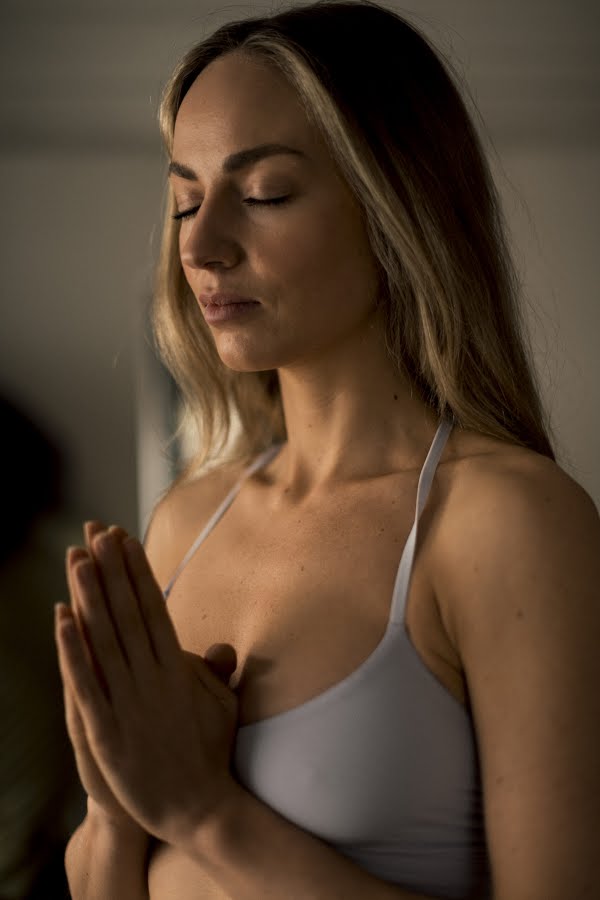
By now most of us have heard of forest bathing, also known as Shinrin-yoku, which is a Japanese practice that involves immersing oneself in nature and experiencing the calming effects of the forest. While it may seem like a simple concept, the science behind forest bathing is growing, complex and fascinating. One of the key benefits of forest bathing is stress reduction. Spending time in nature, particularly in a forest setting, has been shown to reduce cortisol levels and promote feelings of calm and relaxation.
Time spent in nature has a restorative effect on the brain, including increased levels of dopamine and serotonin, two neurotransmitters associated with feelings of happiness and well-being. Studies have also shown that spending time in nature can increase the production of natural killer cells, which play a key role in fighting off viruses and cancer cells. Phytoncides are essential oils released by trees and other plants, and they have a calming effect on the body. When we breathe in these phytoncides, they interact with our immune system and help to reduce inflammation – they are even more potent in the air when it is raining!
In order to experience these benefits of forest bathing, it’s important to be intentional about your time in nature. This means taking the time to slow down, disconnect from technology, and fully immerse yourself in the natural environment. It’s also important to choose a location that feels safe and peaceful, and to allow yourself ample time to explore and connect with the surroundings.
How can someone make time for themselves when they feel burnt out?
I am a recovering workaholic who experienced a significant and fairly life-altering burnout in 2017. I was also the first to roll my eyes at some of these prescriptions, which at the time felt wishy-washy but now make up the central pillars of my existence!
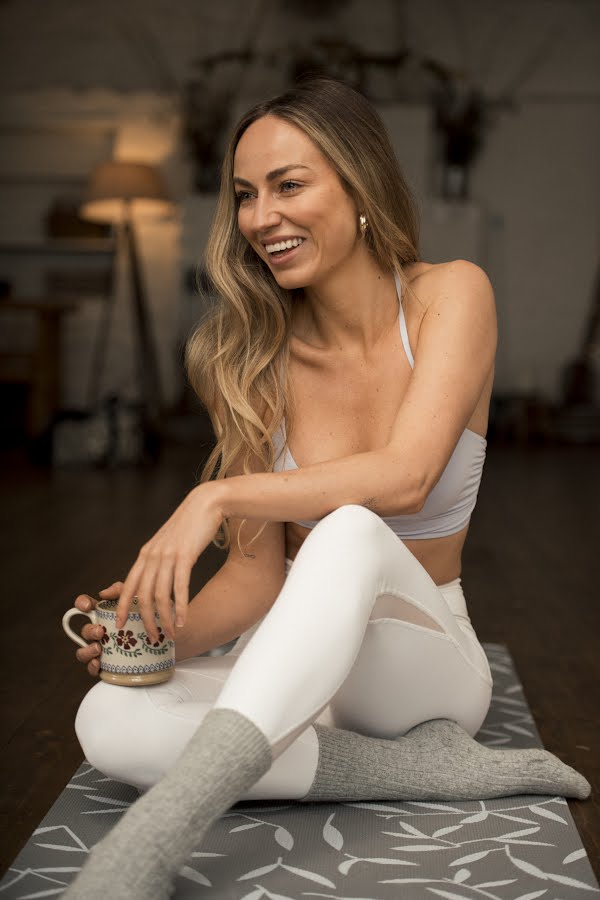
When you feel burnt out, it’s crucial to prioritise taking care of and making time for yourself – without the guilt or the nagging to-do list. It’s great if you can identify the cause of your burnout and take the necessary steps to address the problem. But if that is simply out of reach right now or the cause is unclear, then here are some helpful tips to mitigate building burnout.
- Set boundaries: Learn to say no to activities or commitments that aren’t essential or necessary, and make sure to carve out some time in your schedule just for you.
- Use that time to prioritise self-care: Whether it’s taking a bath, reading a book, or going for a walk, make these activities a recurring priority.
- Delegate tasks: If possible, delegate some of your responsibilities to others, so you have more time for yourself.
- Disconnect from technology: Take a break from technology, and spend some time in nature or doing an activity you enjoy that doesn’t involve screens, productivity or outcomes. Make it playful, relaxing and expectation-free!
- Practice mindfulness: Mindfulness helps you to relax and be present in the moment. Try meditation or yoga to help you stay centred and reduce stress.
How is breathwork a therapeutic practice and what are its benefits?
Breathwork involves conscious and intentional control of breathing patterns to improve physical, mental, and emotional well-being. There are many different types of breathwork techniques, so people often choose to combine a style of breathwork with another practice, such as meditation or yoga, for additional benefits. Some of these benefits include stress reduction, improved mental clarity, increased energy, enhanced emotional resilience and improved physical health.
Deep breathing reduces stress levels in the body by activating the parasympathetic (rest and digest) nervous system and increases oxygen flow to the body and brain. It reduces inflammation, the cause of most modern diseases, and lowers blood pressure. Maybe most importantly, it offers an object of awareness, this allows us to rest the mind by directing one-pointed attention on a specific object, using the senses as a means of calming and relaxing the mind.

Buddhist texts refer to this process as “self-antidote”, which is using the source of distraction itself as a means to attaining freedom from distraction. If you want to cut glass, you use glass. If you want to cut iron, you use a tool made of iron. In this same way, we can use the senses to cut through the distraction of the senses. To do this we can incorporate physical sensations, form, sound, smell, taste and even pain, but breathwork focuses on the most universally accessible object – the breath.
Through breathwork, we become far less emotionally involved in what we perceive. The practice clears the mind, reduces mental chatter, increases focus and concentration, helps us to regulate our emotions, increases our self-awareness, and helps us to develop greater emotional resilience.
For those just getting started on their mindfulness journey, what is one important thing to remember?
Small moments, often. Pick a few recurring benchmarks found in your everyday life, things like brushing your teeth, drinking your morning coffee, passing a certain landmark on your route to work, playing with your children, eating dinner or your evening shower. Use this benchmark in your day to prompt just 60 seconds of mindfulness. All this means is that you do whatever you’re doing with your full mindful awareness.
So instead of planning your outfit, or watching the time, or rehearsing a conversation, or cringing over something that happened yesterday while brushing your teeth, you’re simply brushing your teeth. You’re feeling the sensations and textures of the brush in your mouth, smelling the scent of the toothpaste, tasting the peppermint or charcoal, observing the movement of your body, and listening to the sounds of the morning near and distant. If you can start the habit small, like a micro-meditation, and then build those moments into your day twice or three times over, you will begin to feel the benefits. This is great motivation for further mindful lifestyle changes and beginning to incorporate longer practices into your day.
4 supporting products for mindfulness
From Oonagh O’Hagan, pharmacist and MD of Meagher’s Pharmacy Group
1. Spacemasks Self-Heating Eye Masks contain five air-activated, self-heating eye masks to help ease tired eyes and tension. They are infused with jasmine, which is known to help relaxation. So, if you have trouble sleeping, just slip one on and drift off into a restful night’s sleep.
2. The ideal way to relax, indulge and restore your inner balance, Aroma Home Inner Balance Renew and Restore Bath Salts are infused with carefully selected essential oils to evoke positive emotions. Try the Balance Me blend, with soothing palmarosa and immune-boosting echinacea, the Relax and Unwind blend with lavender and chamomile, the Positive Energy blend with de-stressing bergamot, energizing lime and ginseng, or the Indulge blend with gorgeous notes of peony rose.
3. Unwind after a long day with this deep sleep body care ritual. This Works Deep Sleep Night Oil is a sumptuous non-greasy, easily absorbed body oil to help you relax. It’s 100 per cent natural, cruelty-free and vegan, so you can rest easy with your nighttime ritual.
4. Nunaia Sacred Space Candle is an eco-friendly, 100 per cent natural essential oil candle that will fill your home with the Nunaïa signature scent. Its floral, soothing fragrance of lavender and rose geranium enhances well-being with a positive, therapeutic effect on mind, body and spirit, encouraging restful sleep and a greater sense of calm.

The IMAGE Wellness Project is powered by Meagher’s Pharmacy in association with Gym+Coffee, Aveeno and Cleanmarine MenoMin.












